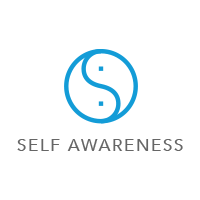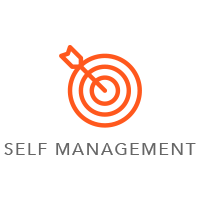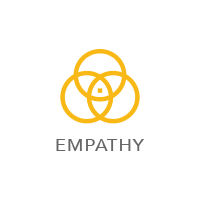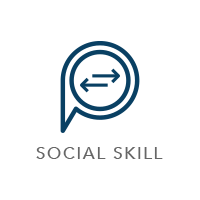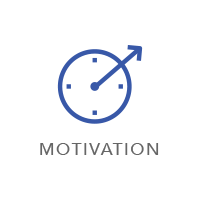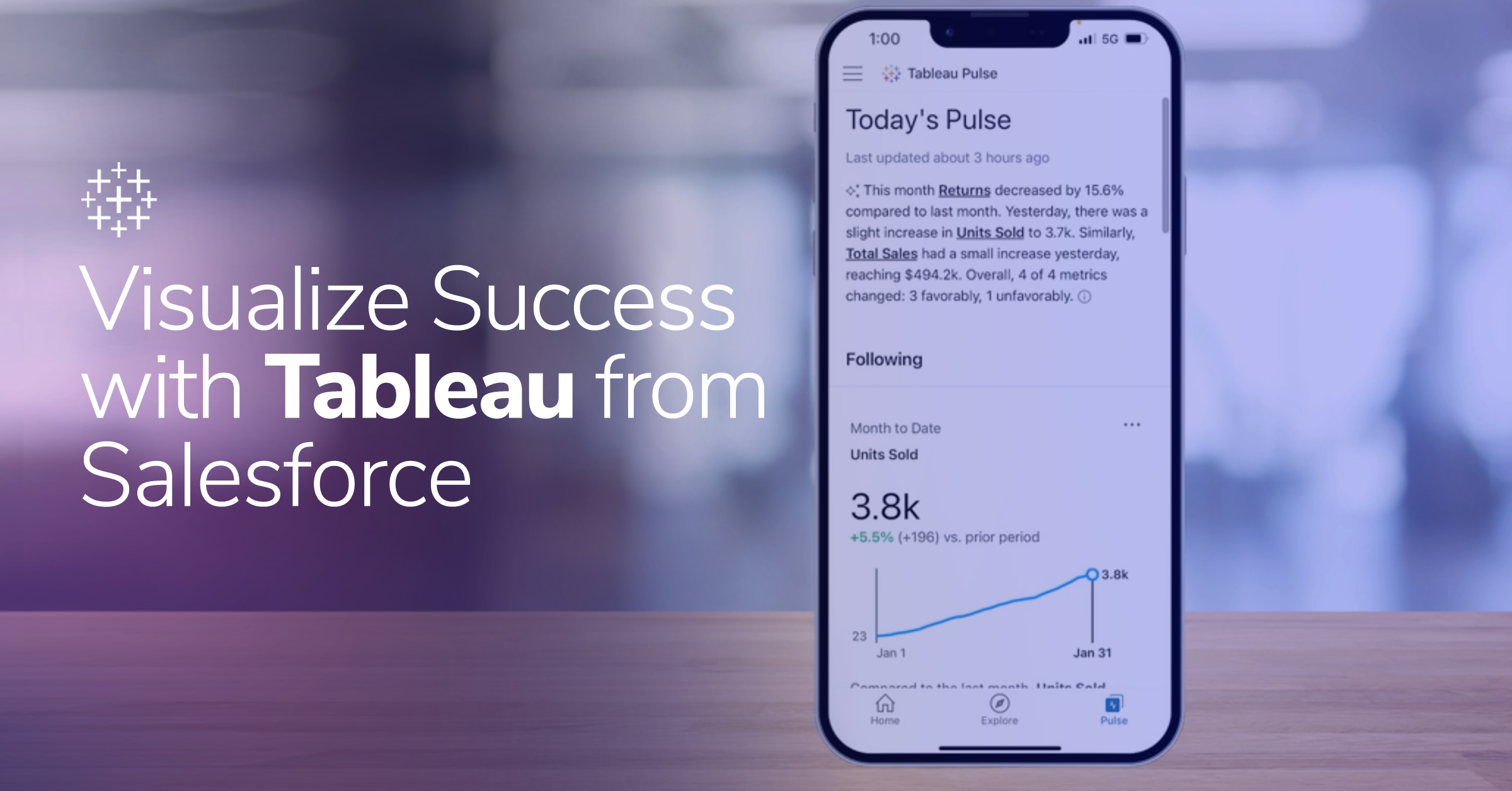Soft Skills: Improving Your Emotional Intelligence
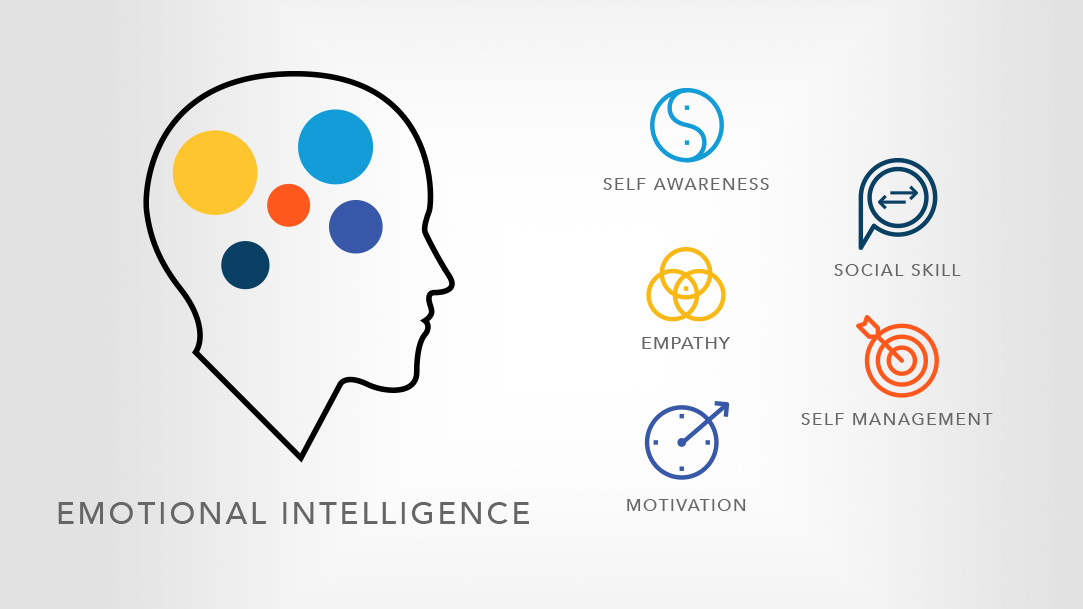
Who doesn't want to make a difference in other people’s lives while also maintaining productivity? Proven soft skill techniques can make this seemingly impossible feat a reality! The term "Soft Skills" covers a broad spectrum of topics in interpersonal, communication, leadership, and personal skills. These are arguably the most important skills for your career, but by definition, they are also difficult to measure.
This is the first in a series of articles meant to introduce you to some soft skill topics, providing some background information and practical advice on how to incorporate it into your life in measurable ways. In this article we'll focus on introducing Emotional Intelligence (EI) before diving into the what, why, and how of perceiving, using, and managing emotion to improve your EI.
An Introduction
EI is a relatively new field of study (scientific articles on EI first began to appear in the early '90s) that focuses on reasoning about emotions and the use of emotions to enhance thought. A model of EI pioneered by Dr. Daniel Goleman often referred to as the "Mixed Model" breaks EI down into the following five traits:
| Knowing what you're feeling and using your feelings as a guide. | |
| Handling distressing emotions in effective ways, marshaling positive emotions, and aligning our actions with our passions. | |
| Discerning how someone else is feeling without them telling you in words. | |
| Handling relationships and conflict, and being the type of person people enjoy being around. | |
| The drive to work towards your goals despite setbacks. |
Goleman developed this model while covering neuroscience and psychology for the New York Times, based on the discovery that the emotional centers of the brain (a more primitive part that rose earlier in evolution), are involved in every thought and every decision.
"I saw there was a critical mass of new understanding of how our brain is designed and what that means for understanding our emotional lives and the relationship to cognition, to thought."
Continuing his research, Goleman was able to interview and analyze over 500 corporations in search of what they're looking for in different skill sets. He found that emotional intelligence was twice as important as IQ plus technical skill combined in distinguishing star performers from the average. In other words, learning how to perceive, use, and manage emotions helps develop a greater understanding of yourself and those around you. Using this as a foundation, we can focus on the what, why, and how of perceiving, using, and managing emotion.
Perceiving Emotions
"For real influence we need to go from our here to their there."
- How to Really Understand Someone Else’s Point of View
A big part of emotional perception is empathy, which itself is split into two major components. Emotional empathy is when someone’s emotion causes you similar feelings and memories. Cognitive empathy is the capacity to understand someone’s emotion and acknowledging that their reasoning and emotions as valid even if they differ from your own. We’re going to focus on the latter, on adopting an empathetic mindset that can be applied with the people you work with and the projects on which you work.
At first, most people seem to think that empathy is about showing warmth and kindness, or at least tolerance, toward another person. People think empathy is "to walk in someone else’s shoes," to put themselves in that person’s place and embrace or excuse his behavior. This is not what empathy is about. Not exactly. Empathy is a noun—a thing. Empathy is an understanding you develop about another person. Empathizing is the use of that under-standing—an action.
- Practical Empathy
Why?
Stereotypically, developers are portrayed as apathetic to the needs of the end-user, but it has been my experience that this perception is at least partially due to circumstance. "You don’t know what you don’t know," as the saying goes. If we’re not aware of the difficulties that users have with the applications we build, it’s not apathy, but rather a lack of information that we fall prey to. In truth, web development lends itself very well to the empathetic. Since our jobs are centered around building things for others, empathy for these users can only make us better.
Remember that we're talking about cognitive empathy rather than emotional: We're trying to understand our users and use that understanding to improve what we're building for them. Imagine developing a feature that you ensured remained accessible to those with disabilities, or a particularly timely and helpful user experience for a focus group. These could be the reason an end-user sticks with your solutions over the competitions'. The understanding we gain from an empathetic mindset leads to a desire to help and makes the act of helping that much more rewarding. So developing an empathetic mindset isn’t just the right thing to do, it enhances your strategic thinking, your creative process, and transforms your ability to work together with others.
How?
Empathy is built by dropping into a certain mindset when the opportunity arises to gather knowledge. If someone you want to understand has the time, you take it. You drop into a neutral frame of mind, try to discover the deeper reasons behind what they are saying, and shut down your own thinking and emotions.
Empathy is not always about revelation, it consists of stuff you already know but possibly didn’t pay a lot of attention to or maybe misremembered. The best part about listening is that you don’t have to be “a good facilitator” or a “skilled interviewer” to develop empathy. It’s more about just being yourself, in curiosity mode. Kids can do it. What it takes is the ability to let go of your own thoughts and really absorb what you hear.
Using Emotions
"Happiness is a conscious choice, not an automatic response."
- Mildred Barthel
First and foremost, you can’t go into this process with the intent of understanding someone else only to induce a change in their beliefs or behavior. The application of empathy that has an impact on your work is to use it in support of someone. Empathy in support is being willing to acknowledge another person’s intent and work with it, morphing your own intent because of the empathy you developed for the other person.
Why?
Your improved understanding changes the way you see things and the way you speak to people. It raises your awareness and subconsciously shifts your own thinking and expanding your horizon.
How?
Here’s a list of ideas to keep in mind, because everyone loves a good shortlist!
- Assume best intentions from those around you. If your understanding is negative, ask for clarification.
- Show appreciation for even the small things people do for you.
- Compliment people on their efforts: It’s easy to lose sight of the hard work involved.
- Give of your time freely and be a resource.
- When you feel the urge to respond with "well, actually," first try to perceive the situation from their perspective. Force yourself to think "well, maybe...” instead. You may be surprised by how you finish that sentence.
- Inject humor into your day-to-day interactions, within reason. Humor is associated with close interpersonal relationships and effective in reducing stress, which in turn enhances empathy.
Providing code review feedback is a good opportunity to effectively use emotion. An empathetic mindset along with the goodwill you’ve built using the suggestions thus far will help you adjust what you say and how you collaborate. Here's another list of ideas to consider when providing feedback:
- Take your time and ensure you understand the context of the code that’s being reviewed. You can’t provide meaningful feedback to code without proper context.
- Provide positive feedback, too. No one benefits from only actionable and potentially negative review feedback.
- Ask questions and be careful about suggesting specific solutions. Often your suggestions are taken at face value and implemented without further discussion, missing a potential learning opportunity and a better solution for both parties.
- Be pragmatic. It’s okay to change your mindset based on the circumstances. For example, reviewing a time-sensitive small hotfix versus a brand new feature with far-reaching implications.
For more tips from the reviewee’s perspective, I highly recommend reading Brett Birschbach’s blog post Mentality Drives Technical Competency.
Managing Emotions
I’d like to end this article with some thoughts on managing emotions, both from a personal and an interpersonal perspective. I think Stephanie Noble had a great analogy for personal emotions when she described them as "Honored Guests" in your home. Identify the emotion, but don’t identify with the emotion. Explore this emotion-guest with loving curiosity. Allow it to come and go. Neither cling to it nor hold it hostage.
Always honor your guest, but if its company makes you uncomfortable, you can develop techniques to shorten the visits. Your guest has certain needs as well as certain information for you. The quicker you get to the needs/information exchange the less time you have to spend with an emotion. The more time you spend ‘suffering’ its company, the longer it will be before it leaves. So, cut to the chase.
- Emotions as Honored Guests
Reactions during a knowledge-gathering, neutral-listening session are normal. Don’t feel embarrassed that you actually felt the emotion for a while first. You can’t prevent emotions from occurring, but you can recognize and then ignore them. When you have a reaction during a listening session, you don’t want to betray the fact to the speaker, because you do not want to cause them to have a reaction of their own, or let your reaction influence what they are telling you.
Recognizing your own reactions and assumptions—before they distract you—leaves your mind open to considering foreign possibilities. You will be able to recognize when you condemn an idea or a reaction, be able to stop yourself, and then be able to spend some time investigating it instead.
- Practical Empathy
Resources
Books
- Design for Real Life by Sara Wachter-Boettcher and Eric Meyer
- Emotional Intelligence 2.0 by Travis Bradberry & Jean Greaves
- Practical Empathy by Indi Young
Articles
- Mentality Drives Technical Competency by Brett Birschbach
- Human Abilities: Emotional Intelligence
- How to Really Understand Someone Else’s Point of View by Mark Goulston and John Ullmen
- Is Giving the Secret to Getting Ahead? by Art Streiber
- Giving Better Code Reviews by Joel Kemp
- You are Valued by Erica Joy
- Daniel Goleman Explains Emotional Intelligence
